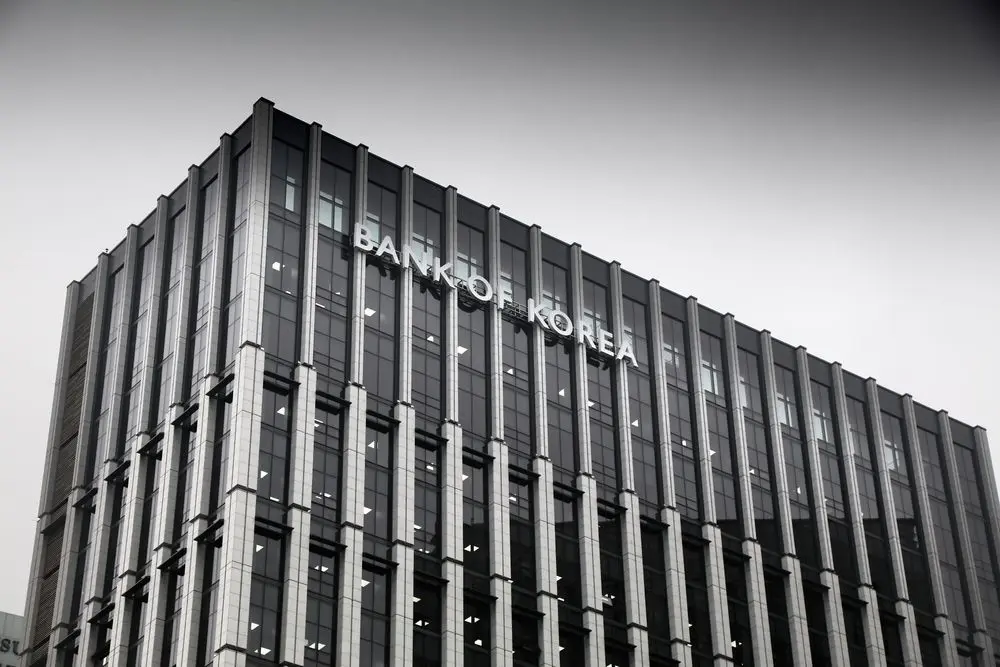South Korea is preparing to roll out significant changes to its digital asset regulatory framework in the second half of 2025. Amid rising global interest in digital assets and ongoing political transitions at home, the country is pursuing a multi-pronged policy overhaul that includes stricter Know Your Customer (KYC) protocols, detailed rules on stablecoins, and a forthcoming lift on the longstanding ban on institutional cryptocurrency investment.
This evolving regulatory environment places South Korea - one of the most active crypto markets globally - at the forefront of Asia’s race to establish a mature legal infrastructure for digital assets.
After a nearly seven-year prohibition on institutional participation in crypto markets, South Korea is now set to reverse its stance. The Financial Services Commission (FSC) has confirmed that the country aims to allow listed companies and certified professional investors to trade digital assets beginning in Q3 2025.
The move is contingent on the completion of enhanced compliance measures and legal frameworks. This policy shift is widely seen as an effort to align South Korea’s crypto market with international standards and to capitalize on growing institutional interest in digital assets.
New KYC Framework Targets Exchange Risks
Central to the ongoing changes is a significant tightening of Know Your Customer (KYC) obligations. The revised KYC regime will require stricter identity verification protocols for both centralized exchanges and partner financial institutions.
The reforms were triggered in part by a probe conducted by South Korea’s Financial Intelligence Unit (FIU), which flagged over 600,000 potential KYC violations at Upbit, the country’s largest crypto exchange.
Under the new system, both individual and corporate clients will face more rigorous onboarding and transaction monitoring. Banks and exchanges are expected to enhance user identification practices, especially for high-volume or institution-linked accounts.
The FSC maintains that these changes will reinforce anti-money laundering (AML) protections while also facilitating broader market access.
Stablecoin Regulation in Focus
The second phase of South Korea’s Virtual Asset User Protection Act, now being implemented, introduces comprehensive rules for stablecoins.
The framework outlines new requirements for issuer transparency, reserve disclosures, and redemption mechanisms, reflecting growing concern over systemic risk and user safety in digital payment systems.
The FSC has stated that exchanges listing stablecoins must adhere to enhanced listing standards, which include real-time audits, backing asset verification, and consumer disclosure measures. This aligns with global regulatory trends targeting algorithmic and fiat-backed stablecoins following the collapse of projects like TerraUSD in 2022.
Tokenized Securities Bill Under Review
In parallel, South Korea's National Assembly is reviewing a separate bill that would create a regulatory framework for tokenized securities - blockchain-based versions of traditional financial assets. The bill, expected to advance after the upcoming presidential election, is designed to integrate digital instruments into the legacy financial system.
If passed, the legislation would set out requirements for the issuance, custody, and trading of tokenized assets within regulated markets. It also proposes oversight by existing financial authorities, rather than creating a new digital asset regulator. The bill reflects South Korea’s goal of merging fintech innovation with conventional capital markets regulation.
The proposed changes would cover security tokens representing equity, bonds, or real-world assets, and are expected to allow traditional institutions to launch tokenized offerings through approved venues, potentially including the Korea Exchange (KRX).
Early Institutional Adoption
Signs of institutional adoption are already emerging. In a recent milestone, the NGO World Vision Korea completed a digital asset transaction by selling 0.55 ETH on Upbit after linking its Upbit account to a K-Bank corporate account. This transaction, though small in volume, marks one of the first institutional-use examples of regulated crypto activity in the country.
While such cases remain rare, they point to growing readiness among corporate and nonprofit entities to engage with blockchain-based finance - particularly if the legal environment offers sufficient clarity.
Despite heightened political tensions ahead of the presidential election, both major political parties have expressed commitment to fostering South Korea’s crypto industry. The Democratic Party of Korea (DPK) has prioritized regulatory expansion, including policies supporting spot Bitcoin ETFs. Meanwhile, the ruling People Power Party (PPP) has pledged to establish a national digital asset promotion committee and implement a more robust taxation framework for crypto assets.
The bipartisan support ensures continuity of crypto policy development, regardless of the electoral outcome. Both parties appear to recognize crypto’s economic potential, particularly in attracting fintech investment and boosting South Korea’s profile as a regional tech hub.
Broader Regional Implications
South Korea’s pivot comes amid intensifying competition in Asia to become a center for digital asset innovation. Hong Kong, Singapore, and Japan have all introduced regulatory frameworks aimed at attracting institutional investors and crypto infrastructure providers.
By liberalizing access for institutional players while imposing tighter consumer protection rules, South Korea is attempting to strike a middle ground - one that balances market growth with risk mitigation. The rollout of MiCA in the EU and developments in U.S. crypto legislation have created global regulatory momentum, and Seoul appears determined not to be left behind.
South Korea’s crypto regulatory framework signals a turning point for one of the most digitally advanced economies in the world. With plans to reopen institutional access, regulate stablecoins, and integrate tokenized securities into existing financial structures, Seoul is laying the groundwork for a more mature and structured crypto market.
The next six to twelve months will reveal whether these reforms can deliver both investor protection and market dynamism in a sector long marked by volatility and legal uncertainty.



